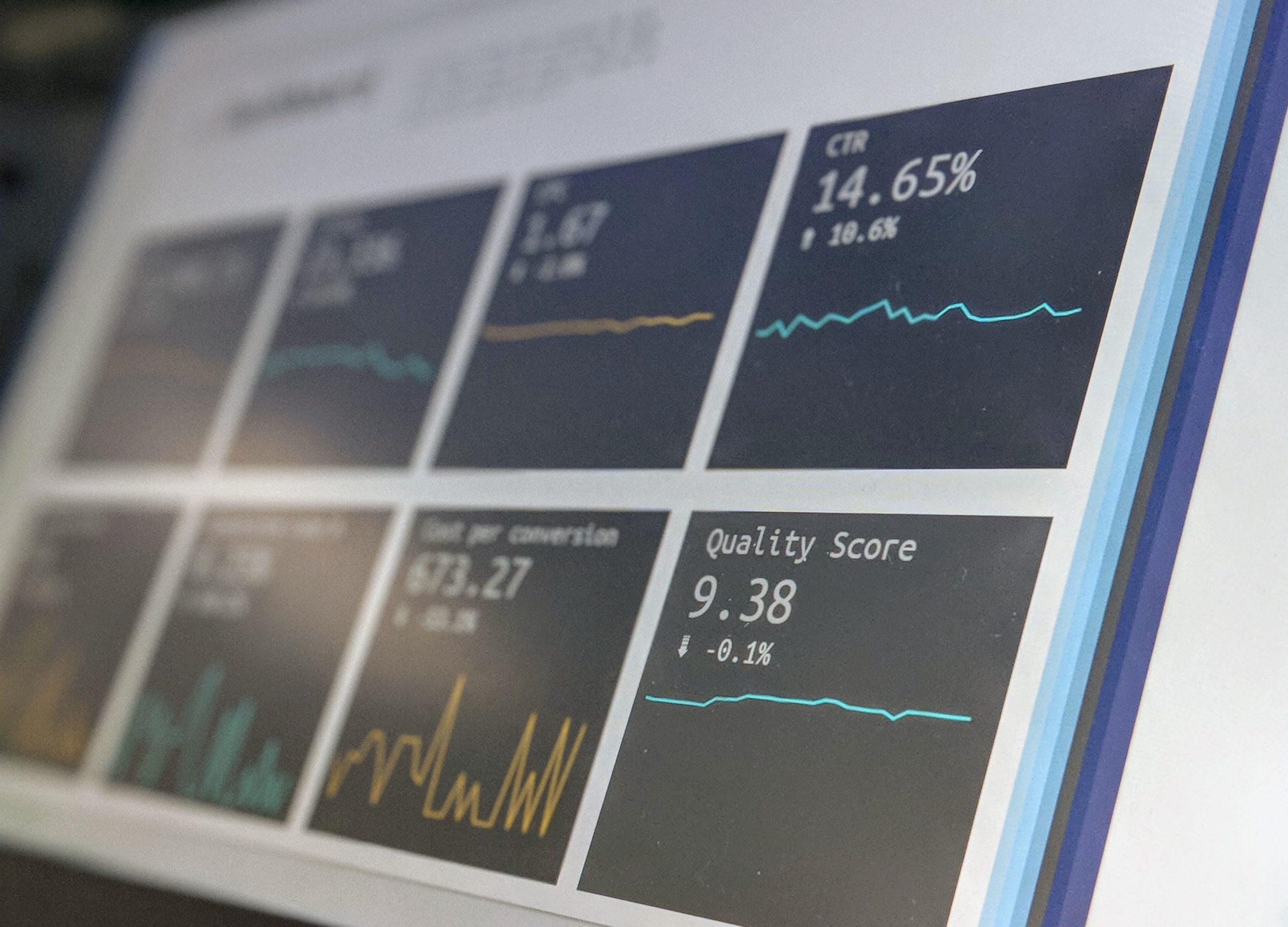What is ROI and why is it important?
If you’re running a business, you’re always looking for ways to increase profits. One of the best ways to do this is to invest in marketing. But how do you know if your marketing efforts are actually paying off? This is where ROI comes in.
ROI, or return on investment, is a way of measuring how much money you’re making in relation to how much you’re spending on marketing. In other words, it tells you how much profit you’re making for every dollar you spend on marketing.
Why is ROI important?
There are a few reasons why ROI is so important:
1. It allows you to track your progress.
2. It helps you allocate your resources effectively.
3. It gives you an idea of how much your marketing efforts are actually worth.
4. It makes it easy to compare different marketing strategies.
5. It allows you to make data-driven decisions.
6. It helps you justify your marketing spend to your boss or shareholders.
7. It can help you identify areas where you need to improve.
8. It can motivate you to continue investing in marketing.
9. It can help you build a case for increasing your marketing budget.
10. It can help you attract more investors.
ROI, or return on investment, is a way of measuring how much money you’re making in relation to how much you’re spending on marketing. In other words, it tells you how much profit you’re making for every dollar you spend on marketing.
Why is ROI important?
There are a few reasons why ROI is so important:
1. It allows you to track your progress.
2. It helps you allocate your resources effectively.
3. It gives you an idea of how much your marketing efforts are actually worth.
4. It makes it easy to compare different marketing strategies.
5. It allows you to make data-driven decisions.
6. It helps you justify your marketing spend to your boss or shareholders.
7. It can help you identify areas where you need to improve.
8. It can motivate you to continue investing in marketing.
9. It can help you build a case for increasing your marketing budget.
10. It can help you attract more investors.

Calculating ROI
There are a few different ways to calculate ROI. The most common way is to use the following formula:
ROI = (Revenue – Cost) / Cost
For example, let’s say you spend $1,000 on a marketing campaign and it generates $2,000 in revenue. Your ROI would be 100% ($2,000 – $1,000) / $1,000.
ROI can be a useful metric for tracking the progress of your marketing efforts, but it’s important to keep in mind that it’s not the be-all and end-all. There are a number of other factors that you need to consider when evaluating the success of your marketing campaigns.
For example, ROI doesn’t take into account the lifetime value of a customer, which is the total amount of money a customer will spend with your company over the course of their relationship with you.
It also doesn’t take into account the brand awareness or goodwill that your company might generate as a result of your marketing efforts.
And lastly, ROI doesn’t take into account the opportunity cost of your marketing efforts. In other words, it doesn’t take into account the potential revenue that you could have generated if you had invested your marketing budget in a different way.
Despite its limitations, ROI is still a valuable metric for evaluating the success of your marketing campaigns. And if you use it in conjunction with other metrics, you can get a well-rounded picture of your marketing efforts.
ROI = (Revenue – Cost) / Cost
For example, let’s say you spend $1,000 on a marketing campaign and it generates $2,000 in revenue. Your ROI would be 100% ($2,000 – $1,000) / $1,000.
ROI can be a useful metric for tracking the progress of your marketing efforts, but it’s important to keep in mind that it’s not the be-all and end-all. There are a number of other factors that you need to consider when evaluating the success of your marketing campaigns.
For example, ROI doesn’t take into account the lifetime value of a customer, which is the total amount of money a customer will spend with your company over the course of their relationship with you.
It also doesn’t take into account the brand awareness or goodwill that your company might generate as a result of your marketing efforts.
And lastly, ROI doesn’t take into account the opportunity cost of your marketing efforts. In other words, it doesn’t take into account the potential revenue that you could have generated if you had invested your marketing budget in a different way.
Despite its limitations, ROI is still a valuable metric for evaluating the success of your marketing campaigns. And if you use it in conjunction with other metrics, you can get a well-rounded picture of your marketing efforts.

Want to get in touch and learn more about what we can do? We love to just have a chat digital or in person.
